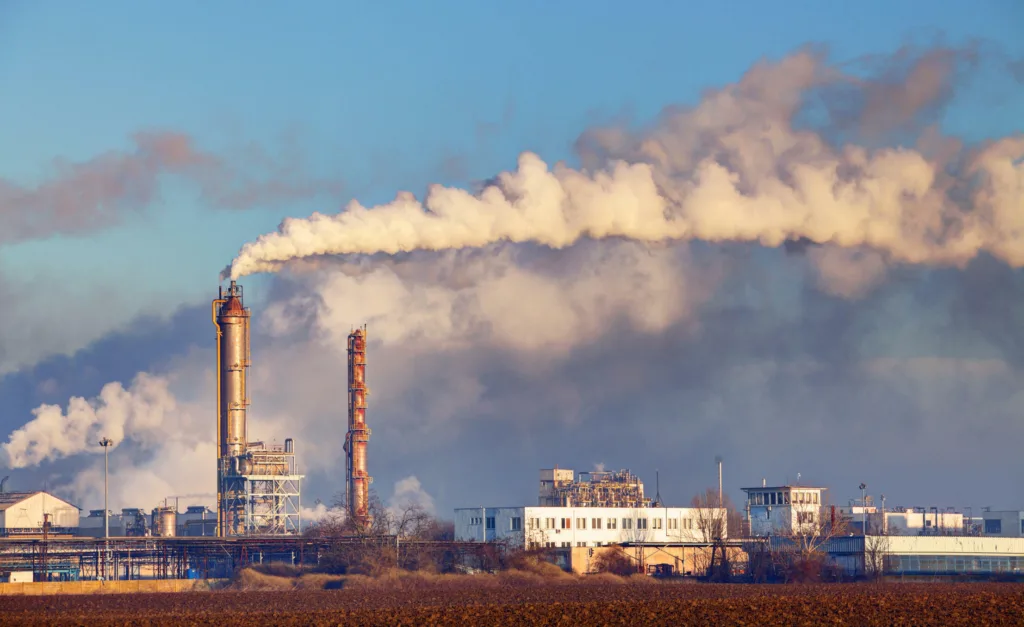We may not see it, but air pollution lurks around us, an invisible menace weaving its way into our bodies and impacting our health in profound ways. From the bustling city streets to the seemingly serene countryside, no corner of the world is immune to its reach. But what’s truly alarming is the insidious nature of this threat, silently infiltrating our organs and disrupting their delicate functions. Let’s embark on a journey through the human body, uncovering the ways air pollution wreaks havoc on our vital systems.
The Lungs: Ground Zero of the Battle
Our lungs, the first responders to the polluted air we breathe, bear the brunt of the attack. Microscopic particles like PM2.5, barely wider than a human hair, bypass our natural defenses and lodge deep within the lung tissue. This triggers inflammation, irritation, and scarring, leading to conditions like asthma, chronic obstructive pulmonary disease (COPD), and even lung cancer. Imagine your lungs, once spongy and efficient oxygen processors, becoming congested and inflamed, struggling to perform their vital task.
The Heart: A Vulnerable Target
Air pollution doesn’t stop at the lungs; it travels through the bloodstream, reaching the heart, our tireless engine. The tiny particles can damage the delicate lining of blood vessels, increasing the risk of atherosclerosis, a condition where plaque builds up, narrowing arteries and restricting blood flow. This can lead to heart attacks, strokes, and high blood pressure, putting immense strain on our cardiovascular system. Think of your heart, normally a steady pump, becoming stressed and overworked, struggling to keep up with the demands of a polluted body.
The Brain: A Foggy Future
Even the brain, nestled within the protective shield of the skull, isn’t safe from air pollution’s grasp. Studies suggest that exposure can lead to cognitive decline, memory loss, and an increased risk of dementia and Alzheimer’s disease. Imagine the clarity of your thoughts becoming shrouded in a fog, your memory faltering, and your cognitive abilities diminishing – a terrifying prospect for anyone.

The Gut: A Delicate Ecosystem Disrupted
Our gut, often referred to as the “second brain,” is home to a complex ecosystem of trillions of microbes that play a crucial role in digestion, immunity, and overall health. Air pollution can disrupt this delicate balance, promoting the growth of harmful bacteria and reducing the diversity of beneficial ones. This can lead to digestive issues, inflammatory bowel disease, and even an increased risk of certain cancers. Picture your gut, once a thriving metropolis of beneficial bacteria, becoming chaotic and imbalanced, with harmful elements gaining the upper hand.
The Defense Line: Building Resilience
While the picture may seem bleak, it’s not one of surrender. We can build our defenses against air pollution by taking proactive steps. Wearing masks in polluted areas, choosing air purifiers for our homes, and advocating for stricter emission regulations are all crucial actions. Additionally, incorporating a healthy diet rich in antioxidants and engaging in regular physical activity can boost our body’s natural defenses and mitigate the harmful effects of pollution. Remember, even small changes can make a big difference in the fight for clean air and a healthier you.
Taking a Breath of Hope : Air pollution may be an invisible threat, but its impact is undeniable. By understanding how it affects our organs and taking steps to protect ourselves, we can reclaim control of our health and build a future where clean air is not a privilege, but a right. Let’s raise awareness, advocate for change, and remember, every breath we take counts in the fight for a healthier planet and a healthier us.




